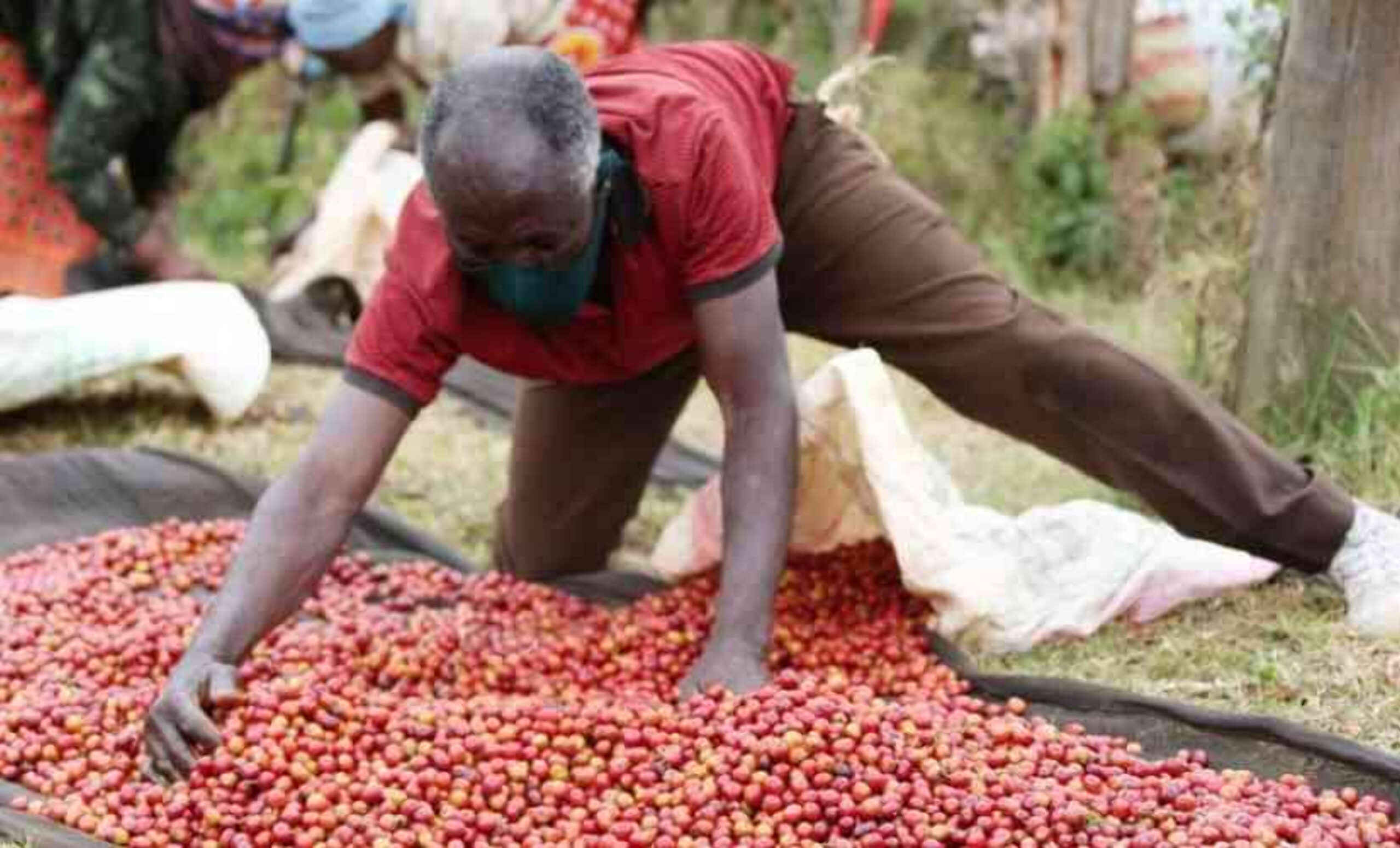Coffee farmers in Kenya are preparing for the return of the Coffee Board of Kenya (CBK). The return of this board has already been confirmed by President William Ruto.
According to Dr. Ruto, the Coffee Board of Kenya will make a return under the proposed Coffee Bill 2023.
The coffee board will be mandated with registration and licensing of the players in the value chain that include, coffee nurseries, growers, pulping, millers, marketing agents, management agents, buyers, roasters, packers, warehouses, and auctioneers.
Plans for the re-establishment of the board have been in the pipeline since 2023.
Muthoni: Woman making millions from selling coffee, restaurant business in Germany
For instance, during a coffee conference that was held in Meru in 2023, stakeholders resolved to re-establish the CBK to oversee the industry at the national level.
Kenya’s coffee is currently marketed through the direct exports window or the Nairobi Coffee Exchange channel.
Kenya’s coffee is much sought after by roasters and blenders and the country sells its coffee to the world market. The international prices are used as a benchmark for the local price at the NCE.
The sector is, however, limping and requires a revamp as more farmers abandoned the crop for better rewarding ventures such as real estate and avocado farming.
The State is currently battling to curb the slump amid concerns that the once thriving coffee sub-sector had lost its shine, with production declining from 130,000 tonnes to an average of 40,000.
According to the Ministry of Agriculture, some 33 out of the 47 counties grow the lucrative cash crop on 109,384 hectares of land. This is a significant decline from a peak of 153,030ha under the crop in 1988.
Further, coffee yields per hectare have also declined sharply. In 1988, farmers were making an average of 842 kilogrammes per hectare. This has since reduced to just 474 kilogrammes per hectare.








